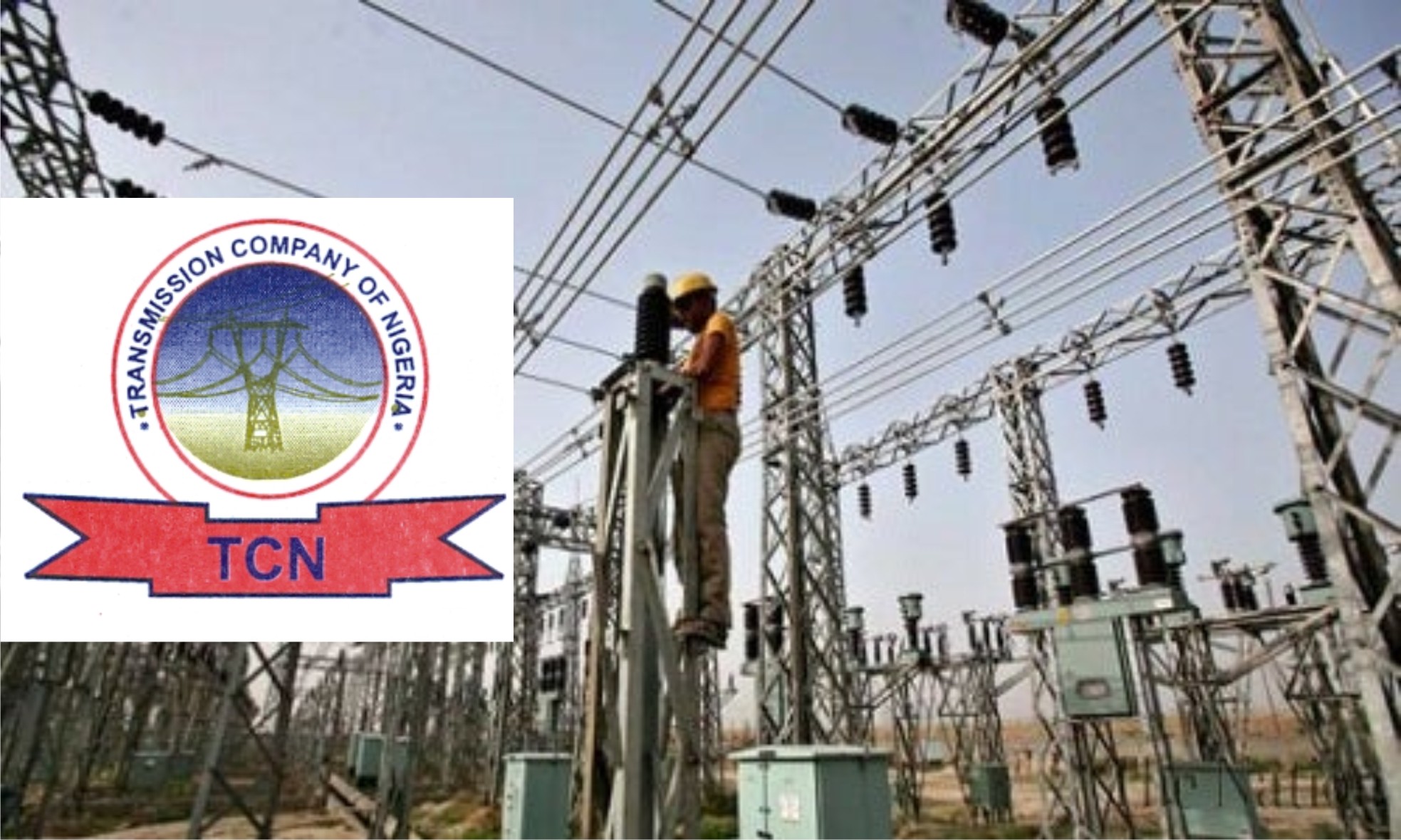Business
Rivers Commissioner Harps On Petroleum Prices Stability
The Rivers State Commissioner for Energy and Natural Resources, Dr Peter Meede, has stated the need for the Federal Government to ensure stability in the pump price of petrol in the country.
Meede said this while addressing the head of Port Harcourt Zone of the Petroleum Product Pricing Regulatory Agency (PPRA), Mr Ikien Sika, who paid him a visit in his office in Port Harcourt.
The commissioner said the instability in the pump prices of Petroleum products was responsible for the sharp practices some marketers engaged in.
He noted that the ministry would not tolerate the activities of dishonest marketers in the state, adding that it was not good for economic planning
According to him, “a situation where today we have a different price, next month we have a different price, the other month again you have a different price is not good for planning. We will not allow them to take advantage of Rivers people in terms of under dispensing of products, selling fake products that would undermine the security, safety and lives of Rivers people.
“I want you to collaborate with the ministry, let the people operating this industry in Rivers State understand that the ministry is alive and ready to support them to do their business but in a situation where they will compromise the standard of the product, we will not take that.”
He furthermore, said that the state governor, Chief Nyesom Wike, had ensured a conducive environment for doing business in Rivers State, which he pointed out would benefit petroleum marketers and warned that any attempt to short change Rivers people would not be tolerated.
He said, “you can hear that there is problem in Lagos and other states, but th-e sector in Rivers State here is relatively safe, but we need that collaboration. You can see that we’re partners in progress and we would appreciate that you continue to support us. A situation where people demarket Rivers State is over, the days where people would say ‘don’t go to Rivers state, is over. His Excellency has worked so hard to ensure that the environment of Rivers state, security of Rivers State, the economy of rivers state is on the front burner, that’s why you see the best we were doing in ensuring that peace and other forms of businesses thrive in Rivers State.’’
Responding, the head of Port Harcourt Zone of the Petroleum Product Pricing Regulatory Agency (PPPRA), Mr Ikien Sika said the agency was pleased with the peaceful co-existence between petroleum marketers and the state.
“We have to commend the governor and then of course the honourable commissioner, but there is still something and we have to tell ourselves the truth. In my house today I cannot open the windows, because of the soot. These are some of the things which I have noticed, but other things I was told that has actually reduced to a large extent”, he said.
He observed that the fluctuation of pump prices in petrol is an indication that the federal government will soon deregulate the petrol sector.
On his part, the Zonal Chairman of the Petroleum Product Retail Outlet Owners Association of Nigeria, Prince Sunny Ugbe, said that federal government was wrong to allow petroleum product marketers to determine the price of petroleum products in the country.
Prince Ugbe also noted that the PPPRA recently increased Ex-depot price of petrol and left the marketers to fix the retail price
He called on the federal government to fix the moribund refineries across the country as part of measure to ensuring a smooth process of deregulation of the petroleum sector
By: Tonye Nria-Dappa
Business
CBN Unveils NTNIA, NRNOA Accounts For Diaspora Nigerians’ Investment

Business
Diesel Price Hike: Manufacturers Opt For Gas

Business
TCN Debunks Grid Collapse, Says Lines Tripped

-
Niger Delta16 hours ago
Diri Leads Deligation’s Visit To Late Commissioner’s Family, Accident Victims
-
News14 hours ago
Rivers Community Demands Chieftaincy Recognition
-
Politics16 hours ago
Senate Working With FG To Serve Nigerians Over Tax Bills – Moro
-
Nation13 hours ago
Osun Park Management Chairman Shot By Police, Union Alleges
-

 Editorial17 hours ago
Editorial17 hours agoOpobo And The Proposed Higher Institution
-
Sports14 hours ago
NPFL Fines Nasarawa United N3m, Deduct Three Points
-
Niger Delta16 hours ago
Yenagoa Becoming Modern City Under Our Stewardship – Diri
-
News14 hours ago
Shun Third-Party Interference In Marriages, 85-Year-Old Engineer Urges Couples

